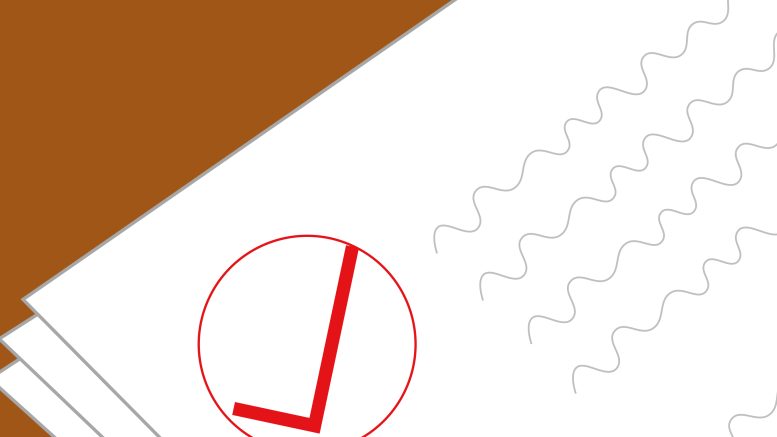I had never heard of the concept of ungrading until last year.
At first, it made me skeptical. I thought, “why am I paying so much money for a pass/fail course?”
But ungrading is not simply a pass/fail method. In my experience, it levels the playing field for all students, encourages purposeful connection with course content and builds confidence in students.
Ungrading is the embodiment of what universities should encourage — a genuine desire to learn, not to simply get As.
In my ungraded classes, we first talked about ungrading as a rebellion against a colonial system — that a university itself is based on colonial traditions. In their article “On Grading,” Vineeta Singh writes that students’ “ability to conform to racialized, gendered, classed and neurotypical standards of behaviour still shapes grades today.” In other words, students’ ability to pass as conforming is represented via grades.
My experience with ungrading requires students to meet base expectations and then receive a “complete” or “full credit” on the assignment. And if they don’t, they can revise and resubmit the same assignment until the criteria are met. This method removes inequality and reliance on dated, colonial systems.
Ungrading is even more than this overt rebellion of colonial systems. For me, it is a whole new level of personal. My whole life, there has been something inherently shameful about receiving any grade lower than an A. The B scale feels like the end of the world. A C? Forget about it. Ungrading removes that shame, that feeling of inadequacy and the pressure that it necessitates entirely. There is no shame in not getting an A because no one is getting an A.
During the academic year, my body remains in survival mode. The pressure and constant stress to achieve good grades triumph over anything and everything. Before every large paper, my hair begins to fall out. I sleep less. I eat less. I clench my jaw. Sometimes I wake up to it being so tight that it feels like I can’t open my mouth. From September to April, I exist in a cycle of lectures, coursework, assignments, job and repeat. In those eight months, there is little to no reprieve.
I am currently an honours student in the English program. However, I spent the first three years being streamlined into the honours psychology program through the faculty of arts. Although I loved what I studied and felt like I had been waiting my whole life to talk about behaviour modification and child development, I hated the tests.
The pressure to memorize word for word what the professor said during lectures was overwhelming and remote learning felt impossible. I understand the necessity of aspiring psychologists being able to properly label parts of the brain and know their functions, but there is something so demoralizing about repeating by rote. Regurgitating information made me feel like a puppet on strings, entirely at the mercy of an outside force.
After every test, I would let myself forget everything that I had just spent days cramming. There was no sentimentality, no attachment to the content outside of understanding that if I was able to repeat enough of it, it would earn me an A on the test. Two years down the road, and I can’t remember most of it.
That is how our brains work. What doesn’t get transferred into long-term memory stays in short-term memory, in a sort of purgatory state. And then it gets booted. Ungrading undoes all of this loss. It makes us want to engage with the course material and properly engaging with information helps it get processed into long-term memory. Then, the information is more likely to stay put. I’m still thinking about theories and concepts from my ungraded classes a year ago because there was the opportunity to create an attachment and sentimentality to the content.
Professors who use the ungrading model in their classes have shown me that my education can be more — is more — than just writing an essay based on what they want to hear. There is something so empowering and autonomous in that.
This is the final year of my undergraduate degree. There is no ungrading in the workforce. But experiencing the joy that can come from the absence of grades is life changing. I will take it with me wherever I go.



